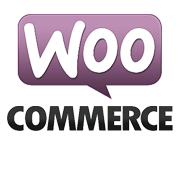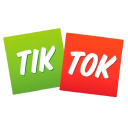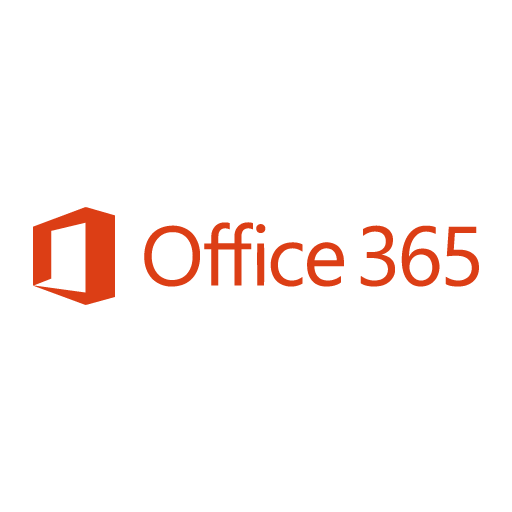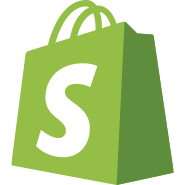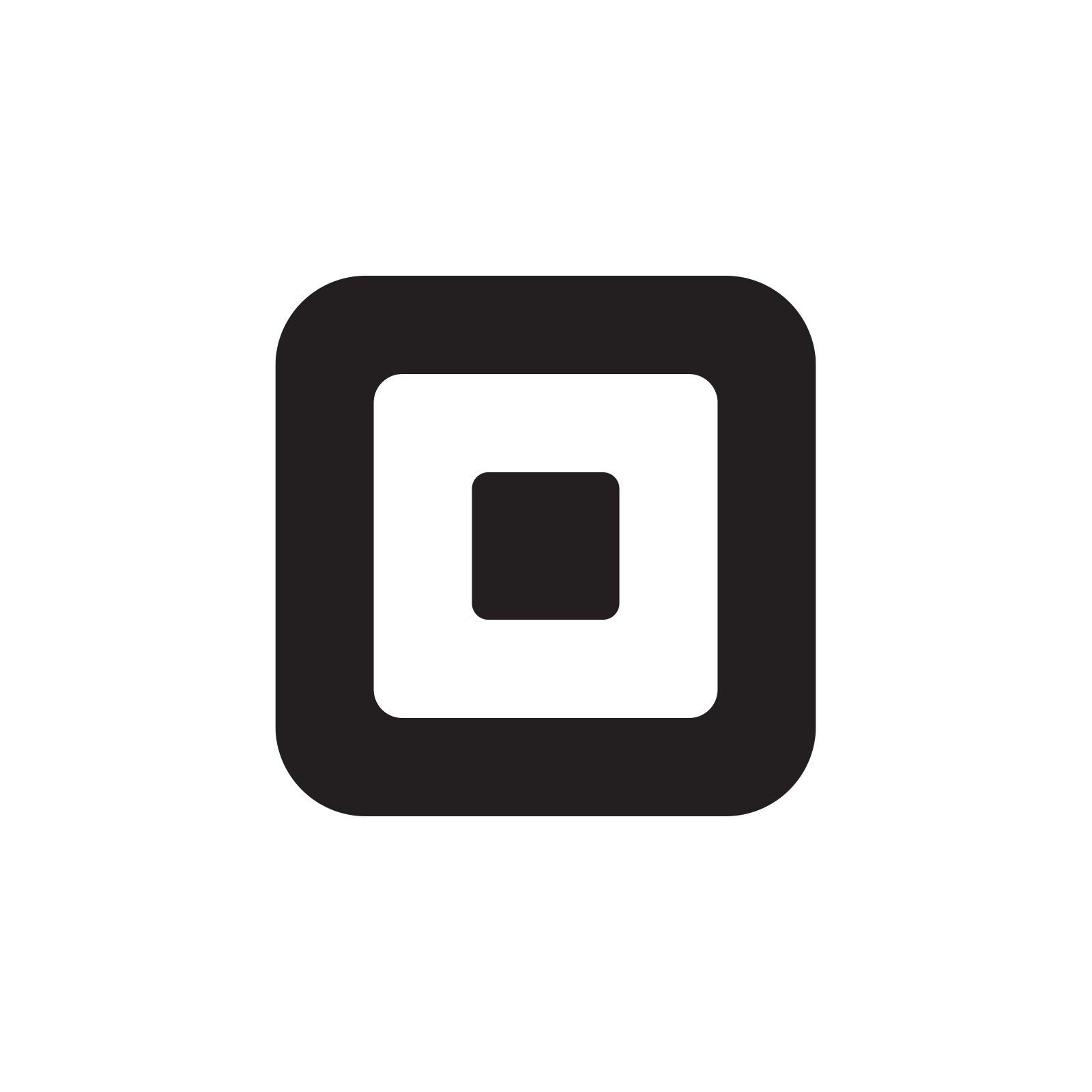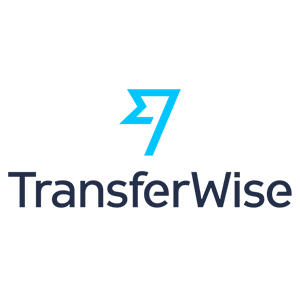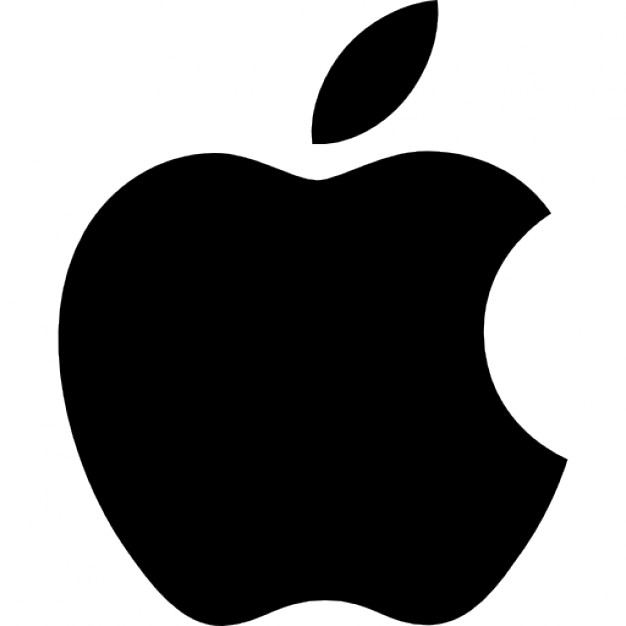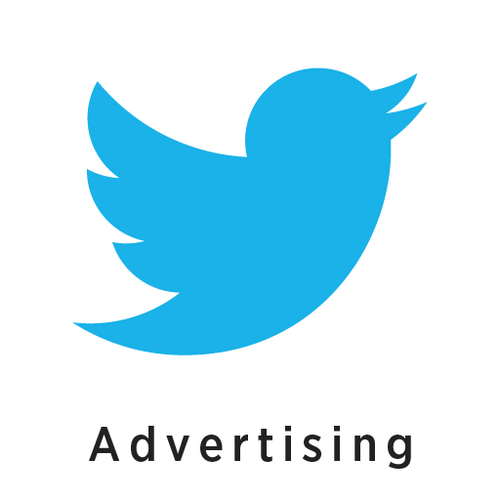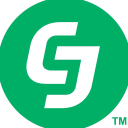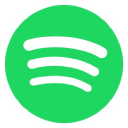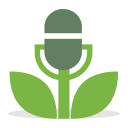How I Make $3K/Month Off My Retirement And Personal Finance Blog As A Side Hustle
Hello! Who are you and what business did you start?
I'm Josh Dudick, and I'm the founder of Top Dollar Investor. I started the company in 2022 as an extension of my own wealth management business, which I first launched in 2019.
After a successful career on Wall Street as a trader and market strategist, I had a proven track record of smart investing and market-beating returns. I decided that although everyone did not want to invest the way I did, I still had a lot of knowledge to offer.
Most individuals would like to improve their pinances and get closer to achieving financial freedom. I determined there was a lot of poor content on the internet, and there was still room in a crowded field to distinguish myself with higher quality advice and content.
At Top Dollar Investor, we focus on providing free content for everyone crossing multiple socio-economic brackets and geographic locations. Customers only have to be interested in financial education, and I make money through advertisers and affiliate companies that I pndorse and offer quality and reasonable products and services.
Top Dollar Investor is currently making between $1,000 - $3,000 per month.

Download the report and join our email newsletter packed with business ideas and money-making opportunities, backed by real-life case studies.

Download the report and join our email newsletter packed with business ideas and money-making opportunities, backed by real-life case studies.

Download the report and join our email newsletter packed with business ideas and money-making opportunities, backed by real-life case studies.

Download the report and join our email newsletter packed with business ideas and money-making opportunities, backed by real-life case studies.

Download the report and join our email newsletter packed with business ideas and money-making opportunities, backed by real-life case studies.

Download the report and join our email newsletter packed with business ideas and money-making opportunities, backed by real-life case studies.

Download the report and join our email newsletter packed with business ideas and money-making opportunities, backed by real-life case studies.

Download the report and join our email newsletter packed with business ideas and money-making opportunities, backed by real-life case studies.

